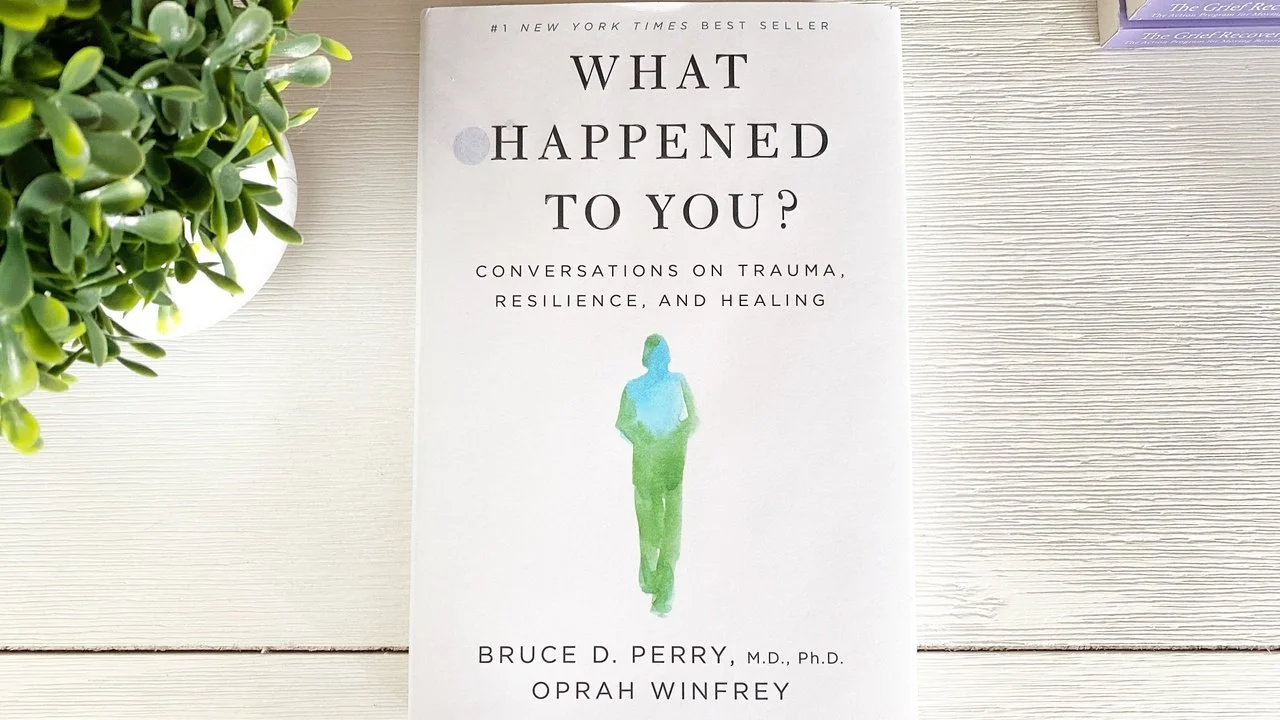November’s Recommended Reading: What Happened to You?
A while back, a friend mentioned this book and said it was incredibly impactful reading. Then another said she would give it to everyone she knows if she could. And that's about all it took for me to know I wanted to read it. Then one of my professional colleagues suggested it in preparation for teaching my Helping Children with Loss Course, and so I bought the book that day. It was fantastic, and that's why "What Happened to You?: Conversations on Trauma, Resilience, and Healing" by Bruce D. Perry, M.D., Ph.D., and Oprah Winfrey is November's Recommended Reading.
You may think a book about trauma would be depressing, but this takes a hopeful view that change and healing is possible. I really admire Dr. Perry, who is a child psychiatrist and neuroscientist. He has done amazing work in helping people understand more about healing trauma and building resilience and empathy in ourselves and others.
A given in our human experience is that we are going to go through difficulties. How we cope with these difficulties is very individual and can be impactful on our lives for years to come. Our brains are very adaptable. This means damage can occur, but it also means healing is possible. I love this quote from the flap copy: "This is where hope lives for all of us -- in the unique ability of our miraculous brains."
When we understand why our brains try to cope with trauma in the various ways they do, and how this shapes us, we can have more compassion for ourselves which leads to less judgment and more healing. Now imagine if we apply that lens to the people we come into contact with. Would we be filled with more compassion? More love?
I always feel like if I can understand why things happen, it's easier to accept. We don't always get those answers of why, but where we can, it's such a gift. This book gave me more insight into why human beings do the things they do. It also gave me hope in the ability to heal and recovery. And it re-emphasized the importance I feel in teaching the Helping Children with Loss Course.
If this is at all interesting to you, I think you'll enjoy this book a lot. It's written in a casual, conversational way, and so it's an enjoyable read, even with a heavy topic. I think you'll come away with a better understanding of yourself and of others, and to me, that's the mark of a great book.

